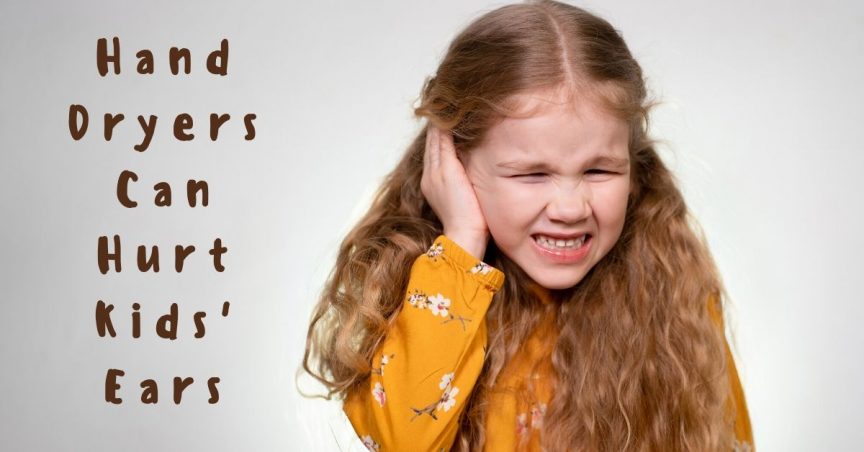- The Emotional Journey of Accepting Hearing Loss - October 25, 2024
- Making a Style Statement with Hearing Aids This Fall - October 15, 2024
- Fireplace Safety and Hearing aids - October 4, 2024
Loud noises are all around us. You may listen to your music with the volume turned all the way up, go to a very loud sports game, or ride an ATV that’s very noisy. One teenager from Canada decided to look at something a lot more ordinary: a hand dryer. Hand dryers are in most public restrooms, and hand dryers have become far more common than paper towels as the best way to dry your hands in public restrooms. However, hand dryers can be very loud. Just try having a conversation in the bathroom when the hand dryer is running, and you’ll realize just how loud it is. Kids’ ears are more sensitive to sounds than adults’ ears, and one young scientist has recently shown that hand dryers can hurt kids’ ears.
Hand Dryers Hurt My Ears
Nora Keegan is a 13 year old who recently published a paper in the Pediatrics & Child Health Journal. The article is called Children who say hand dryers ‘hurt my ears’ are correct: A real-world study examining the loudness of automated hand dryers in public places. When she was just 9 years old, Keegan set out to find out how loud hand dryers are.
Keegan measured the volume of 44 hand dryers in public restrooms around her home city of Calgary, Canada. She measured how loud the sounds were at the height of a child’s ears, as well as measuring sounds at several heights and distances. Every hand dryer she measured was louder than 100 decibels, and the loudest hand dryer was over 120 decibels!
Keegan wanted to study hand dryers because she has firsthand experience with hand dryers hurting her ears. “Sometimes after using hand dryers my ears would start ringing,” explains Keegan, and she’s seen that many kids don’t want to use hand dryers, or try to cover their ears when the hand dryer turns on.
Noise Induced Hearing Loss
Have your children complained that hand dryers hurt their ears? Nora Keegan found that at the height of children’s ears, hand dryers are louder than at the height of adults’ ears. Her research shows that hand dryers do hurt children’s ears and can lead to noise induced hearing loss.
Noise induced hearing loss is caused by exposure to very loud noise, such as from a hand dryer. For adults, exposure to sounds over 85 decibels can cause hearing loss, and children’s ears are even more sensitive to noise than adults’ ears. When you’re exposed to very loud sounds, the sounds can damage the cells in the inner ear.
The inner ear cells work by converting sound waves into electrical signals and sending these signals to the brain. When the cells are damaged, your brain won’t be getting a clear picture of all the sounds around you, and you’ll have a hearing loss.
Keegan found that there’s a real risk to kids’ ears when using hand dryers. Exposure to sounds of 100 decibels can cause hearing loss after just a few minutes. Most children don’t use a hand dryer for more than a few seconds, but parents should still be aware of the risk of hand dryers, especially models that reach up to 120 decibels and can damage the cells in the ear in a very short amount of time.
The Negative Effects of Hearing Loss
Hand dryers are extremely loud, and children’s ears are very close to this noise. According to Keegan’s research, hand dryers can cause hearing loss! When kids have hearing loss, they have a harder time connecting with their friends, and interacting with classmates and teachers. Hearing loss in kids is also linked to learning difficulties and trouble concentrating. Hearing clearly is extremely important for kids, and helps them grow and develop along with their classmates.
Protect Kids’ Ears
Nora Keegan presented her study at the Calgary Youth Science Fair this year, and she hopes that her findings will lead to regulations limiting the volume of hand dryers. She also points out that Health Canada won’t allow children’s toys that are louder than 100 decibels because of the high risk to their ears. It’s important to protect kids’ ears, and reduce their exposure to loud sounds that could harm their hearing.
If you are concerned about your hearing, contact us to schedule an appointment for a hearing test and consultation!

